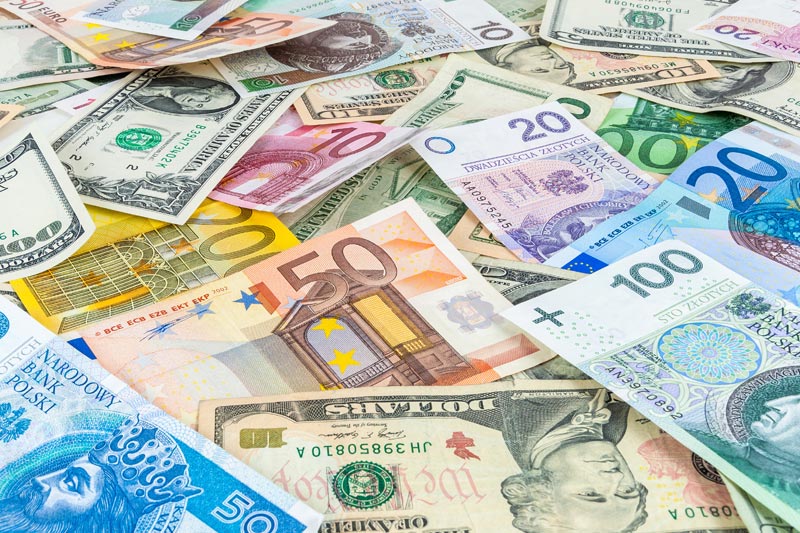Investing.com - The Australian dollar was steady against its U.S. counterpart on Monday, after the release of positive data from Australia, as uncertainty over whether Spain will ask for a sovereign bailout continued to weigh.
AUD/USD hit 1.0255 during European morning trade, the daily high; the pair subsequently consolidated at 1.0240, inching up 0.06%.
The pair was likely to find support at 1.0150, the low of October 8 and resistance at 1.0290, the high of October 12.
Official data showed earlier that home loans in Australia rose more-than-expected in August, advancing 1.8% after a 0.7% decline the previous month.
Analysts had expected home loans to rise 1.4% in August.
A separate report showed that Australia's new motor vehicle sales rose by 4.7% in September after 4.3% increase the previous month.
But markets were jittery as Madrid did not request financial aid over the weekend and a request for a bailout is now seen as increasingly unlikely ahead of regional elections on October 21.
Elsewhere in the euro zone, Greek Prime Minister Antonis Samaras said Sunday his country was facing the "last hurdle" before recovery and expressed confidence that the government will reach an agreement with international creditors ahead of Thursday’s European Union summit.
Meanwhile, the greenback remained supported after official data on Fridau showed that U.S. consumer sentiment rose to its highest level in five years in October and a separate report showing that producer price inflation rose more-than-forecast in September.
The Aussie was also steady against the euro with EUR/AUD dipping 0.04%, to hit 1.2650.
Later in the day, the U.S. was to release official data on retail sales, as well as a report on business inventories.
AUD/USD hit 1.0255 during European morning trade, the daily high; the pair subsequently consolidated at 1.0240, inching up 0.06%.
The pair was likely to find support at 1.0150, the low of October 8 and resistance at 1.0290, the high of October 12.
Official data showed earlier that home loans in Australia rose more-than-expected in August, advancing 1.8% after a 0.7% decline the previous month.
Analysts had expected home loans to rise 1.4% in August.
A separate report showed that Australia's new motor vehicle sales rose by 4.7% in September after 4.3% increase the previous month.
But markets were jittery as Madrid did not request financial aid over the weekend and a request for a bailout is now seen as increasingly unlikely ahead of regional elections on October 21.
Elsewhere in the euro zone, Greek Prime Minister Antonis Samaras said Sunday his country was facing the "last hurdle" before recovery and expressed confidence that the government will reach an agreement with international creditors ahead of Thursday’s European Union summit.
Meanwhile, the greenback remained supported after official data on Fridau showed that U.S. consumer sentiment rose to its highest level in five years in October and a separate report showing that producer price inflation rose more-than-forecast in September.
The Aussie was also steady against the euro with EUR/AUD dipping 0.04%, to hit 1.2650.
Later in the day, the U.S. was to release official data on retail sales, as well as a report on business inventories.
